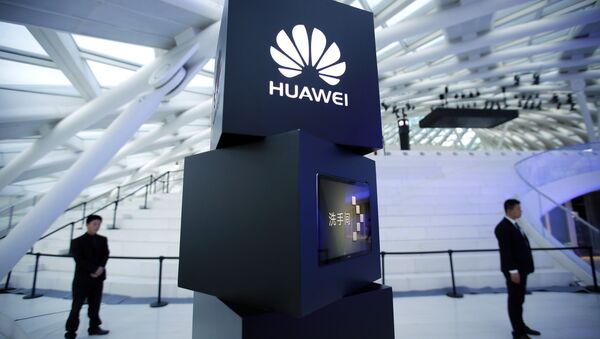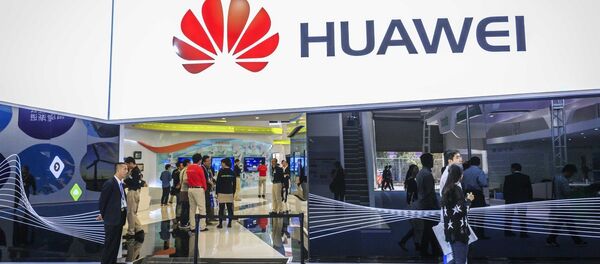US security officials have expressed concern that the network of undersea cables which “ferry nearly all of the world’s internet data”, could be compromised as the Chinese telecoms giant Huawei further “embeds itself” into the cable systems, the Wall Street Journal (WSJ) reports.
According to the newspaper, “a new front has opened in the battle between the US and China over control of global networks that deliver the internet; this one is beneath the ocean”.
READ MORE: US Threatens Germany With Halt to Intel Sharing Over Huawei Tech Use – Report
The WSJ recalled that at present, there are 380 active submarine cables carrying nearly 95 percent of intercontinental voice and data traffic, which are critically important for the economies and national security systems of most countries.
The newspaper cited US security officials as saying that Huawei Marine Networks Co.’s access to the undersea cables may allow China to sever links to entire countries or divert and monitor data traffic.
The officials are especially alarmed that these cables are vulnerable to espionage, and that Huawei’s involvement in creating them “could potentially strengthen China’s clout”.
READ MORE: US Attack on Huawei Aims for ‘Unfair Competition Conditions,’ Not ‘Security’
William R. Evanina, the Director of the US National Counterintelligence and Security Centre, for his part, said that they are aware of the security threats to undersea cable systems and that ensuring their safety remains a “priority task”.
The statement came after the US, New Zealand, and Australia banned Huawei from developing their 5G networks, citing security threats. The US has also been lobbying its European allies to follow suit and impose formal bans on Huawei products when it comes to building the next generation of wireless mobile networks; the UK and Germany, however, have refused to bar any companies from bidding.
READ MORE: 'Go Ask Snowden': Huawei Chief Slams US Spying Habits in Ongoing Feud
In early December, top Huawei executive Meng Wanzhou was detained in Vancouver at the request of the US, reportedly on suspicions that she'd conspired to violate US sanctions against Iran. The arrest was denounced by both Huawei and Beijing, with Chinese authorities demanding that Canada immediately release the Chinese national.


